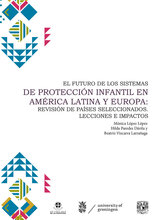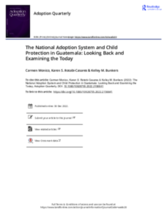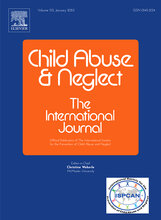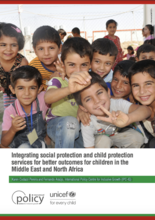This page contains documents and other resources related to children's care in the Americas. Browse resources by region, country, or category.
Displaying 211 - 220 of 3191
The Refugee Program Manager will inform delivery of mental health and family support needs to resettled refugees in the US. The Refugee Program Manager will engage with local community resettlement agencies and other key stakeholders and partners.
Please join us for an interactive discussion following the January 16, 2023, workshop on Working with Children and Families in Conflict Zones. The workshop panelists presented on best practice and shared from their own experiences working in areas of national conflict. This follow-up conversation is a chance for those of us working in Haiti to talk about what was presented and how to apply it to our work, and to discuss questions specific to programming in Haiti.
El objetivo fundamental del presente libro es el análisis comparativo de las políticas, prácticas e investigaciones en relación a los sistemas de protección infantil en diversos países de América Latina y Europa. Las distintas experiencias recogidas en el texto esperamos contribuyan a aportar a la escasa literatura existente sobre el tema en Iberoamérica, pese a su enorme relevancia para los distintos intervinientes, investigadores, comunidad profesional y tomadores de decisiones.
When Eliza was a teenager, her dream was to volunteer in orphanages all over the world. So when she turned 18, she packed her bags and headed to Guatemala to volunteer in an orphanage.
El objetivo fundamental del presente libro es el análisis comparativo de las políticas, prácticas e investigaciones en relación a los sistemas de protección infantil en diversos países de América Latina y Europa. Las distintas experiencias recogidas en el texto esperamos contribuyan a aportar a la escasa literatura existente sobre el tema en Iberoamérica, pese a su enorme relevancia para los distintos intervinientes, investigadores, comunidad profesional y tomadores de decisiones.
This article discusses the evolution of adoption policy and practices in Guatemala from the 1990s to 2021.
Once considered a last resort reserved for parents who abandon their children, the involuntary and permanent termination of parental rights now hangs over every mother and father accused of any form of abuse or neglect — including allegations of nonviolent behavior like drug use or truancy.
This study aimed to identify components essential to building a model of care for youth involved in sex trafficking in child welfare.
This research report, developed by the IPC-IG and the UNICEF MENA Regional Office for Middle East and North Africa, presents five case studies that demonstrate how integrated social protection and child protection systems enhance efficiency, especially of the social service workforce, and improve socio-economic and child outcomes: Tunisia, Morocco, Iraq, Egypt, and Brazil.
Join the Haiti Family Care Network for a discussion on current events and challenges to child/youth/family programming in Haiti. The conversation will be loosely moderated with the goal of sharing challenges and lessons learned and supporting one another. This conversation will take place in English.






